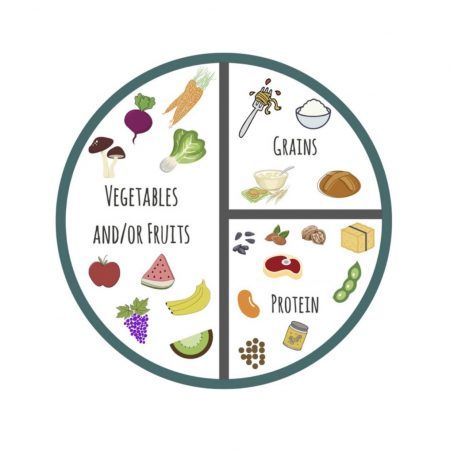During pregnancy, one of the most important aspects of your physical well-being and the growth and development of your baby is nutrition. Eating a balanced and nourishing diet during pregnancy provides essential nutrients to support both your health and the healthy growth of your little one. This article will guide you through the key considerations and recommendations for maintaining optimal nutrition during pregnancy.
The Importance of Good Nutrition
Good nutrition is vital for pregnant women as it directly affects the overall health and well-being of both the mother and the developing baby. A well-balanced diet can help prevent common pregnancy complications, promote proper growth and development of the baby, reduce the risk of birth defects, and support postpartum recovery. It also aids in sustaining energy levels, reinforces the immune system, and helps maintain a healthy weight throughout pregnancy.
Key Nutrients during Pregnancy
1. Folic Acid: Folic acid is essential for early fetal development as it helps prevent neural tube defects. Include folate-rich foods such as leafy greens, citrus fruits, beans, and fortified cereals in your diet.
2. Iron: Iron supports the production of red blood cells and ensures proper oxygen supply to both the mother and the baby. Incorporate iron-rich foods like lean meats, legumes, dark leafy greens, and whole grains.
3. Calcium: Calcium is crucial for the development of the baby’s bones and teeth. Dairy products, fortified plant-based milk, and leafy greens are excellent sources of calcium.
4. Protein: Protein aids in the growth and repair of tissues, including those of the baby. Incorporate lean meats, poultry, fish, eggs, beans, and nuts into your meals.
5. Omega-3 Fatty Acids: Omega-3 fatty acids contribute to the baby’s brain and eye development. Include fatty fish (like salmon and sardines), walnuts, and chia seeds in your diet.
6. Vitamin D: Vitamin D helps in calcium absorption and supports the baby’s bone development. Spend time in sunlight and consume foods like fatty fish, egg yolks, and fortified dairy or plant-based milk.
Foods to Avoid
1. Raw or Undercooked Fish, Meat, and Eggs: These may contain bacteria or parasites that can harm the baby.
2. High-Mercury Fish: Fish like shark, swordfish, king mackerel, and tilefish should be limited, as high mercury levels can affect the baby’s developing nervous system.
3. Unpasteurized Dairy Products: These can contain harmful bacteria, so opt for pasteurized alternatives.
4. Excessive Caffeine: Limit your intake of coffee, tea, and soda, as high caffeine consumption has been associated with an increased risk of miscarriage.
Meal Planning
Proper meal planning ensures you receive all the necessary nutrients throughout your pregnancy.
Include a variety of fruits, vegetables, whole grains, lean proteins, and healthy fats in your meals.
Eat small and frequent meals to maintain steady energy levels.
Stay hydrated by drinking plenty of water throughout the day.
Consider taking prenatal vitamins to supplement any nutrient gaps.
Consultation with Healthcare Provider
Every pregnancy is unique, so it’s crucial to consult with your healthcare provider or a registered dietitian. They can provide personalized guidance based on your specific needs, preferences, and any underlying health conditions.
Conclusion
Pregnancy nutrition plays a fundamental role in ensuring the health and well-being of both the mother and the baby. By following a well-balanced diet, including essential nutrients, avoiding potentially harmful foods, and seeking professional advice, you can lay a solid foundation for a healthy pregnancy and give your baby the best start in life.

